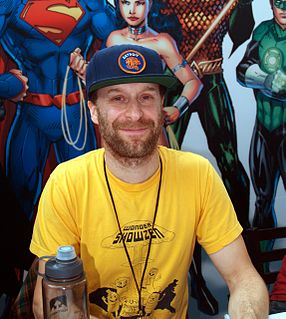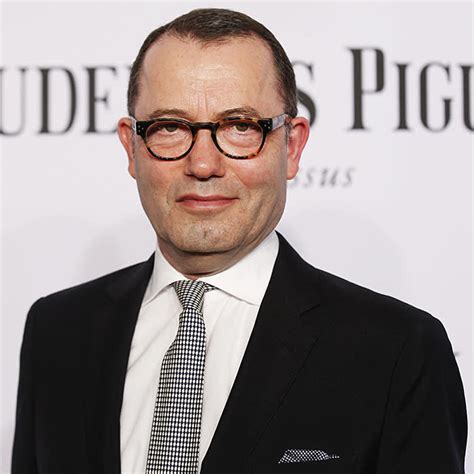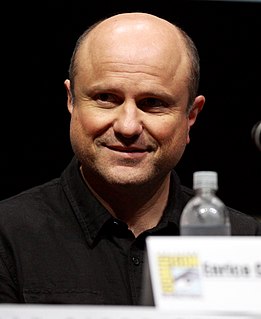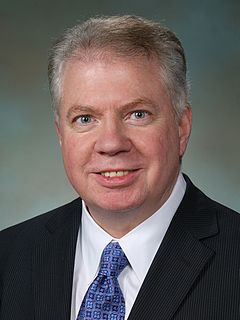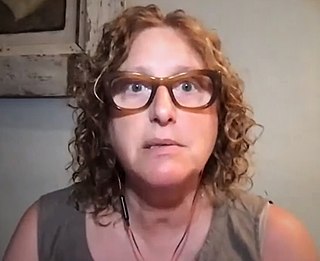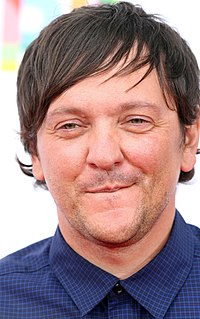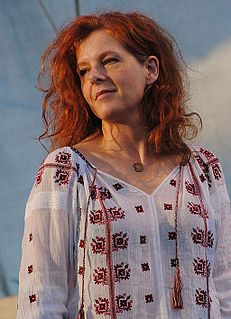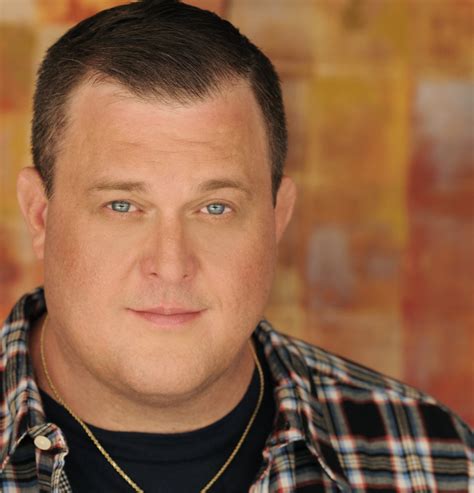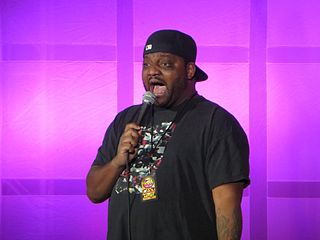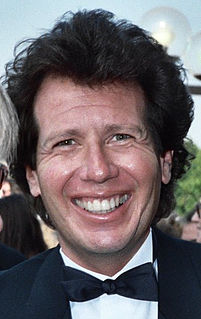A Quote by Jon Glaser
It's always been about when I do theater, the audience is just a viewer, not taking part in what's onstage. Whereas if you're doing stand-up, it's inclusive.
Related Quotes
In the theater the audience is generally riveted to a single angle of observation. The movie director, though, can rapidly shift from objective to subjective--and to any number of subjective points of view--and in so doing seem to pull the audience directly inside the frame of his picture, giving the spectator the sense of experiencing an action from the viewpoint of a participant. Identification of the viewer with the film character, then, can be much more intimate than the analogous situation in the theater.
I started doing comedy just as myself, because I thought, "This is what's expected, you're meant to tell stories and do observations." And then I started to realize that I wanted to mix it up a bit, so I started to doing songs, and I had a little keyboard onstage and would bring in little props. Then I thought about the idea of talking about a character and becoming the character onstage. So, it sort of morphed into being stand-up that was more character based, and I found that's the stuff I got the better reaction from and was more exciting for me.
I have a hard time taking myself seriously. My band the New Pornographers doesn't take me seriously, which is why I love them. We can't stand up there and pretend. What we're doing is really important to me and it's my job and I love it, but I can't just stand there unflinchingly noble in front of the audience.
If you tell the reader it's funny, then the audience is like an audience at a stand-up comedy club and they expect you to be funny, and if you're not, they notice. Whereas if you read a regular op-ed about Israel or the family or medicine, you're not starting with the assumption that you're supposed to laugh.
I've been working in theater, really, since about 1965. I started working with the Mabou Mines about then, and in a way I've always worked in the theater, but it's never been a main part of my work. And it wasn't until Einstein that I kind of shifted into high gear with theater, working with Bob, with Bob Wilson. And since then I find it a very attractive form to work in. It's just an extension of my work.
